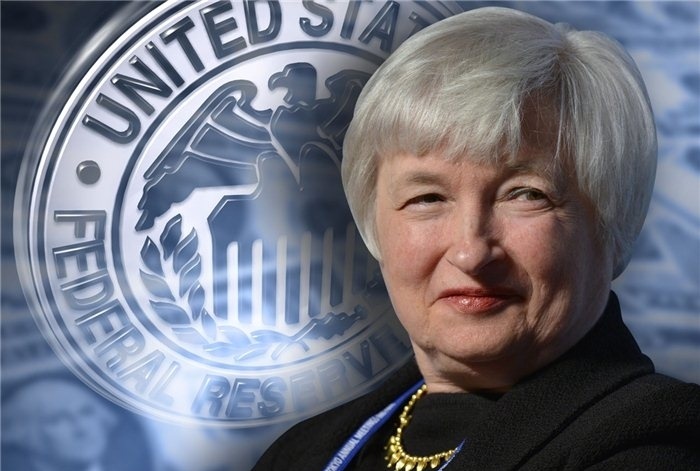Yellen expressed concerns about the global economy, including slower growth in China and the upcoming vote in Britain over leaving the European Union. She also noted weak productivity growth in the U.S. and persistently low inflation
Yellen emphasized the same cautious approach the central bank took following its meeting last week when it left a key interest rate unchanged. The Fed boosted its benchmark rate by a quarter-point in December to a range of 0.25 percent to 0.5 percent and at the time projected another four rate hikes this year.
But since December, financial market turbulence at the beginning of the year, a global economic slowdown and a sharp drop in oil prices have kept the Fed on the sidelines. Fed officials are now projecting just two rate hikes this year. At last week`s meeting, the number of Fed officials who forecast just one rate hike this year climbed to six from just one in March.
In her testimony Tuesday before the Senate Banking Committee, Yellen acknowledged the problems weighing on the economy.
"Economic growth has been uneven over recent quarters," she said. "Subdued foreign growth and the appreciation of the dollar weighed on exports while the energy sector was hit hard by the steep drop in oil prices since mid-2014. In addition, business investment outside of the energy sector was surprisingly weak."
While overall growth, as measured by the gross domestic product, slowed to a tepid rate of just 0.8 percent in the first quarter, Yellen pointed to encouraging signs that growth was strengthening in the second quarter.
But even with a rebound in growth and job creation, Yellen noted other problems. While the overall employment rate has fallen to 4.7 percent from a high of 10 percent, Yellen said it was "troubling" that the rate for African Americans and Hispanics remained above the national average. She said the median income for African Americans was "well below" the median for all households.
Yellen said that "considerable uncertainty about the economic outlook remains." The slowdown in job growth and the weak pace of business investment presents a risk that "domestic demand might falter."
She said that "vulnerabilities in the global economy" included China`s challenges as it transitions away from reliance on export-led growth. She said that the upcoming vote in Britain over leaving the EU "could have significant economic repercussions." The British vote will occur on Thursday and in recent days markets have rallied as polls have shown that those who want to stay in the EU are ahead.
Yellen noted that Fed officials in their economic outlook last week projected that the Fed`s key rate would be below 1 percent this year and below 2 percent at the end of 2017.
"Proceeding cautiously in raising the federal funds rate will allow us to keep the monetary support to economic growth in place while we assess whether growth is returning to a moderate pace," Yellen said.
Yellen`s recent comments and those of other Fed officials indicate that Fed officials are being forced to rethink the path for rate hikes in the face of persistently slow economic growth and inflation that has remained below the Fed`s 2 percent target for the past four years.
Some private economists believe the central bank might raise rates at its next meeting on July 26-27 if markets are not roiled by Britain`s upcoming vote and the June employment report bounces back from a dismal May performance. But other analysts think the first rate hike this year is more likely to happen in September, followed by another in December.
More about:
















































